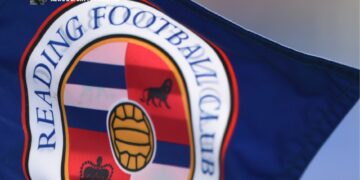If you watch any youth football in our local parks, you may see in future, the younger referees wearing a yellow arm band.
This is so the players parents, and their coaches will recognise that here is a young person, who is still learning about being a referee and trying to remember the 210 pages of the Laws of the Game and the requirements of refereeing. You would think it would be obvious but it is surprising how much abuse they get from parents and coaches.
When we had our own training team in Reading, we would call the trainees back after a few games and asked them to write down the biggest problem they had faced so far. Always the highest number would put ‘parents’.
In the Sunday Telegraph recently, one mother who’s young son has just joined a football club, complained that unlike other sports where parents drop their children off and then stand lazily by, football parents are a different brand.
‘My biggest bugbear is the hordes of parents, mainly men, who are very keen to get involved. They lambast their kids if they appear to be having fun instead of concentrating 100%. Why not let their children enjoy their football and watch with a smile on your face.’
This isn’t just true of this country it happens all over the world. I know that in America and Holland, they hold events like Silent Saturdays, when no one, not even coaches, are allowed to shout at players or referees. I’m told that the players enjoy this enormously, as I’m sure do any young referees.
We told our young referees to report any abuse to the coaches. I have found when mentoring young referees however, that sometime the coaches are as bad.
I ran the line for a 16-year-old boy. whilst mentoring him at an under 16 academy game, Reading v another football League club. At the end of the game, I had to physically block the away coach, charging after the referee.
‘Yes, he made mistakes but so did your young players, they are all learning. Your job is to develop your young players not harass young referees.’
Yellow armbands are intended to stop parents and coaches from hurling abuse at 14- to 18-year-old referees, especially at their first matches, but they will only work, if clubs tell parents and coaches what they signify, and are not some additional adornment to a referees uniform
By Dick Sawdon Smith



















































